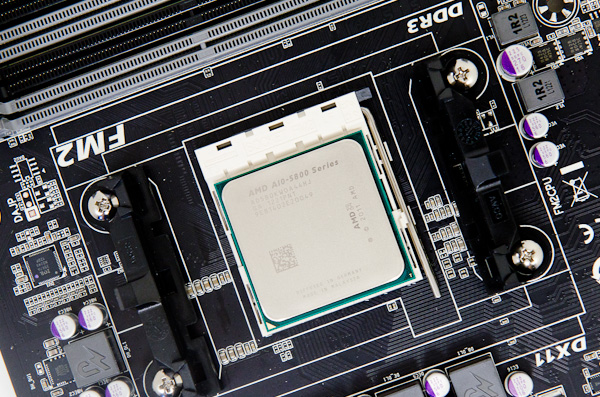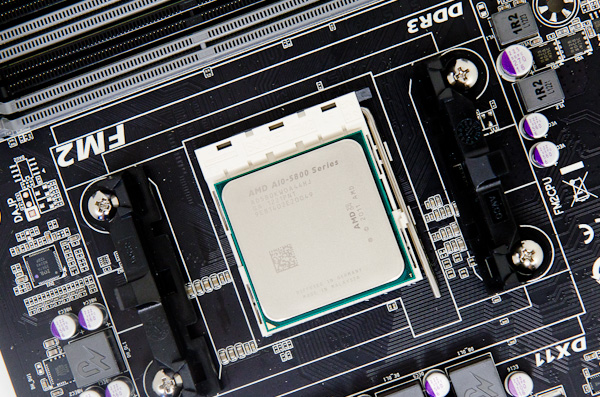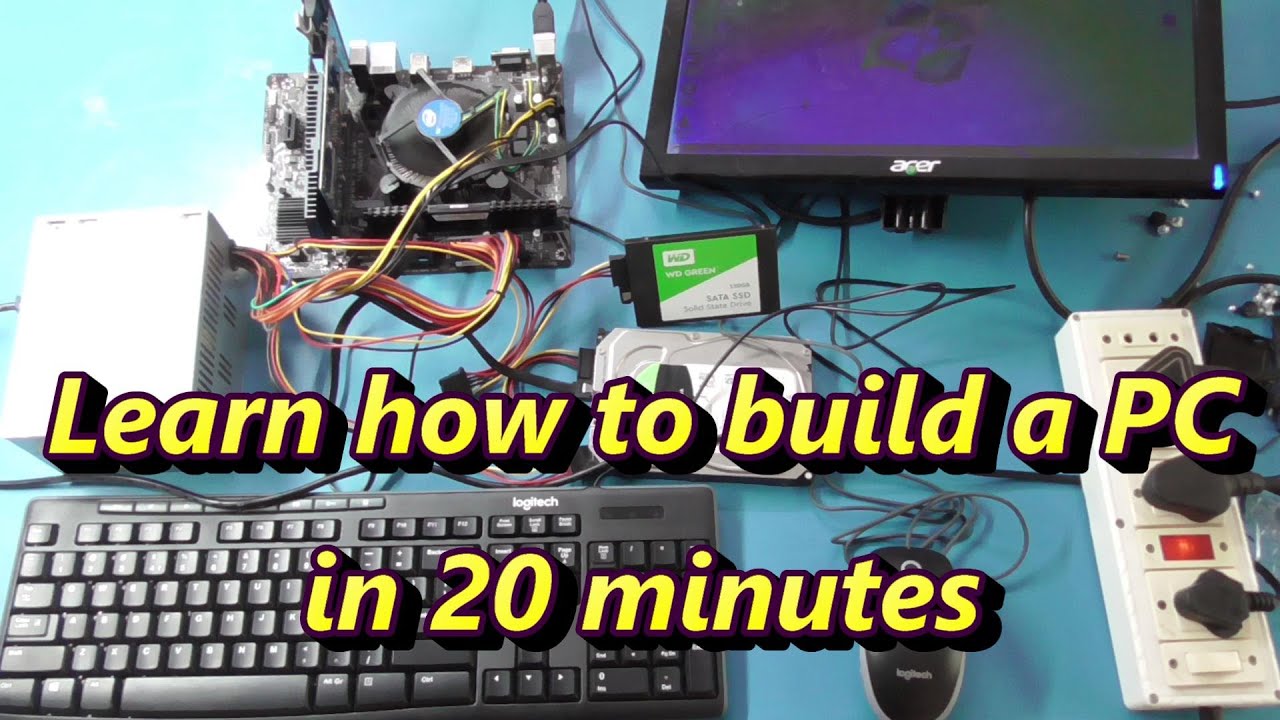After years of waiting, AMD finally unveiled its Llano APU platform fifteen months ago. The APU promise was a new world where CPUs and GPUs would live in harmony on a single, monolithic die. Delivering the best of two very different computing architectures would hopefully pave the way for a completely new class of applications. That future is still distant, but today we're at least at the point where you can pretty much take for granted that if you buy a modern CPU it's going to ship with a GPU attached to it.

Four months ago AMD took the wraps off of its new Trinity APU: a 32nm SoC with up to four Piledriver cores and a Cayman based GPU. Given AMD's new mobile-first focus, Trinity launched as a notebook platform. The desktop PC market is far from dead, just deprioritized. Today we have the first half of the Trinity desktop launch. Widespread APU availability won't be until next month, but AMD gave us the green light to begin sharing some details including GPU performance starting today.
Read on for part 1 of our desktrop Trinity review!
![]()





